“This is not a decision I came to easily,” wrote disgraced former Harvard University President Claudine Gay of her resignation just after New Years.
That might be the only honest thing Gay has said about the debilitating scandal in which she has devastated her once-prestigious institution over the past three months. Indeed, her decision to resign did not come easily at all.
It only came after Gay repeatedly failed to state, including in Congressional testimony, and in the wake of the deadliest anti-Semitic violence since the Holocaust, that calling for the genocidal murder of members of her university community is a violation of its code of conduct.
It only came after Gay’s failed leadership cost Harvard an estimated $1 billion in financial loss, a significant drop in applications for admission and international mass opprobrium.
It only came after Gay was convincingly accused of plagiarism — in four separate reports documenting nearly fifty incidents of that major scholarly transgression across virtually her entire academic career, none of which she has publicly denied.
It only came after it was revealed that Harvard, under Gay’s leadership and almost certainly at her direction, had lawyers experienced in defamation claims threaten to sue the New York Post for “immense” damages if it published a story about what they called “demonstrably false” plagiarism allegations against her, even while Harvard — nominally committed to free speech — was actively investigating those allegations.
It only came after disclosures that former US president Barack Obama intervened with the university’s governing Harvard Corporation, presided over by his loyal commerce secretary Penny Pritzker, who had also led the job search that hired Gay, to save the embattled university president’s job.
It only came after opinion writers for the New York Times, the Washington Post, the Atlantic and other news outlets otherwise fully committed to the pernicious principles of diversity, equity and inclusion (DEI) concluded that Gay’s position was untenable even by their abysmal standards.
It only came after the world was stunned to see Gay receive staunch support from the leadership of Harvard’s powerful alumni association, its influential campus newspaper and hundreds of Harvard professors — purportedly the best minds in the world — who apparently saw no problem with plagiarism on a scale that would almost certainly have ended any of their careers and resulted in the expulsion of their students who committed it.
Indeed, Gay’s resignation only came after her controversial appointment, based on a scholarly record so sparse — eleven unremarkable academic journal articles in twenty-six years — that it is unlikely to have merited promotion to associate professor, to say nothing of senior administrative posts, at any prestigious institution had Gay not been black, female and compliantly committed to DEI.
At the bitter end, Gay predictably did what she has done best for her entire career: she played the race card. In “her truth,” her travails were not caused by her actions, which her resignation letter did not even mention, but arose from “personal attacks and threats fueled by racial animus.” She may wish to consult with her disgraced University of Pennsylvania counterpart M. Elizabeth Magill, who is white and resigned last month without a plagiarism scandal, but the academic left has taken to social media to drown its sorrows and champion Gay, ignoring the many valid reasons for her departure while fantasizing that she is merely the latest woman of color to be victimized by Cambridge, Massachusetts’s well-known white male supremacist community.
Gay’s decision to leave Harvard’s presidency is not a real goodbye. While it is unlikely that she will ever again be entrusted with any amount of administrative responsibility, she will stay on as a faculty member, presumably in good standing despite the massive plagiarism allegations, and, according to reports, likely at a salary closer to what she was paid for her six months and two days as Harvard’s shortest-serving president than to a normal professor’s unenviable compensation. The rapidly dwindling number of prospective parents still naïve enough to think a Harvard degree is prestigious should be aware that Gay could remain at Harvard for decades as a living martyr for the DEI faithful, all while receiving a fat paycheck subsidized by the tuition dollars of class after class of eager freshmen who could face the even more galling farce of being graded by her.
That in itself is a scandal appalling enough to ensure that in the popular mind Harvard will remain a discredited clown college. For purely academic and reputational reasons, Gay has utterly no business being on any university campus in any academic capacity and should never again impart or evaluate one iota of scholarly knowledge on any subject. If she fails to resign from her continuing faculty post, the Harvard Corporation should strip her of tenure and give her the sack in such a humiliating way that her colleagues are afraid to be seen in public with her, or at the very least learn that plagiarism is not acceptable conduct. If the Harvard Corporation fails to remove her, Harvard should as a community reject that determination and do all it can to re-staff its governing body with leaders who really are committed to excellence and truth — not the shifty “my truth” formulation, but the actual, objective “Veritas” of Harvard’s sullied motto.
Gay’s departure from the Harvard presidency and apparent soft landing, like Magill’s at Penn, is merely a cosmetic change. It offers an important lesson, however. The structures, attitudes, ideology and people who elevated those lesser women to high professional rank all remain firmly in place at both of their institutions and at almost all of America’s 4,000 or so other colleges and universities. At least publicly, they all fully believe in the racialist, anti-white and anti-male ideology that enabled Gay’s and Magill’s appointments, outrages, and, ultimately, the severe trauma and reputational damage they have inflicted on their universities. Until they are rooted out, nothing of significance will change other than that the number of Americans who express any amount of trust in higher education will continue its precipitous decline.
The way forward is clear. Even when shielded by centuries-old legacies, multibillion-dollar endowments, crusty institutional structures and former presidents of the United States, university bureaucrats are fundamentally weak managerial caste flunkies who have proved themselves highly susceptible to criticism, financial loss, unpopularity and all the other unpleasantness that recently permeated the crumbling ivory towers of Harvard and Penn enough to topple their lackluster presidents. If American higher education is to be saved, the pressure must continue unremittingly and at every level.



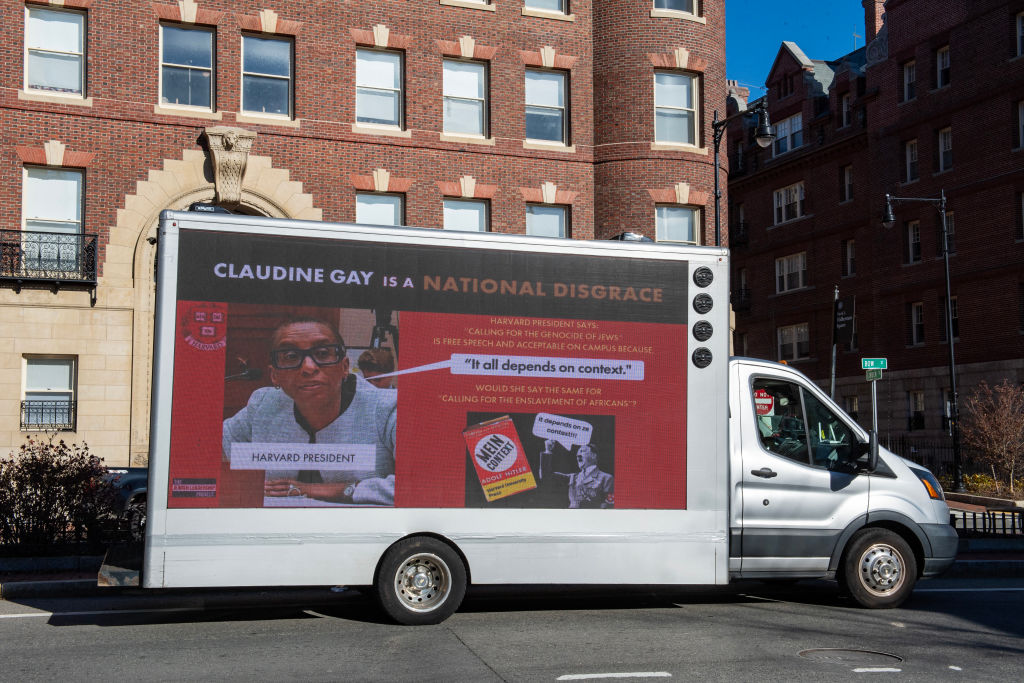








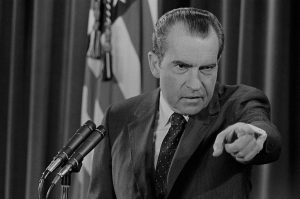
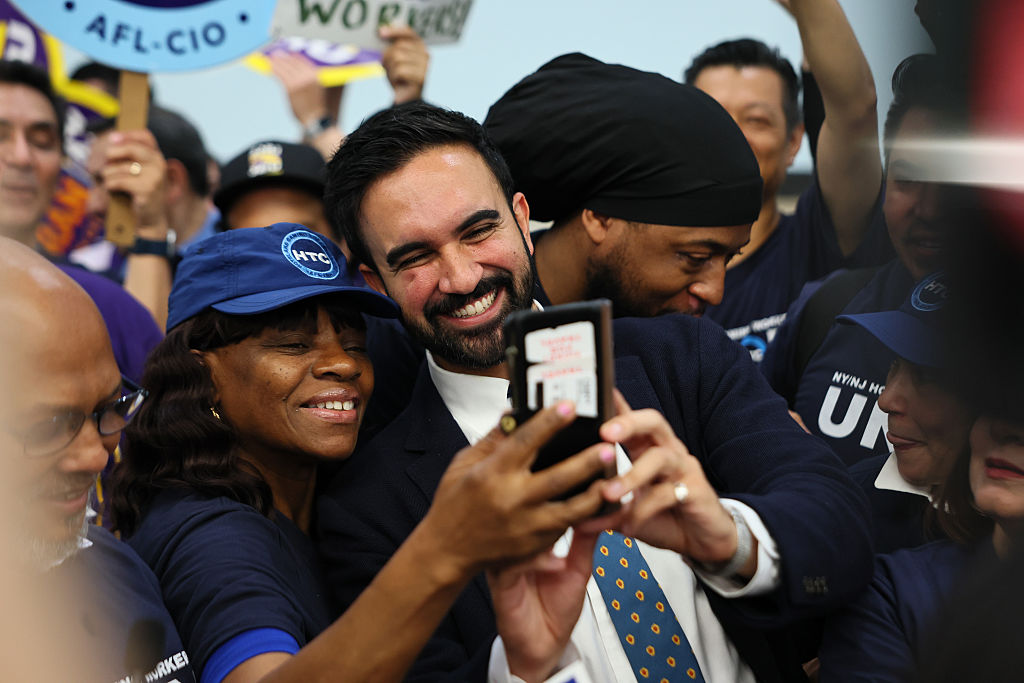
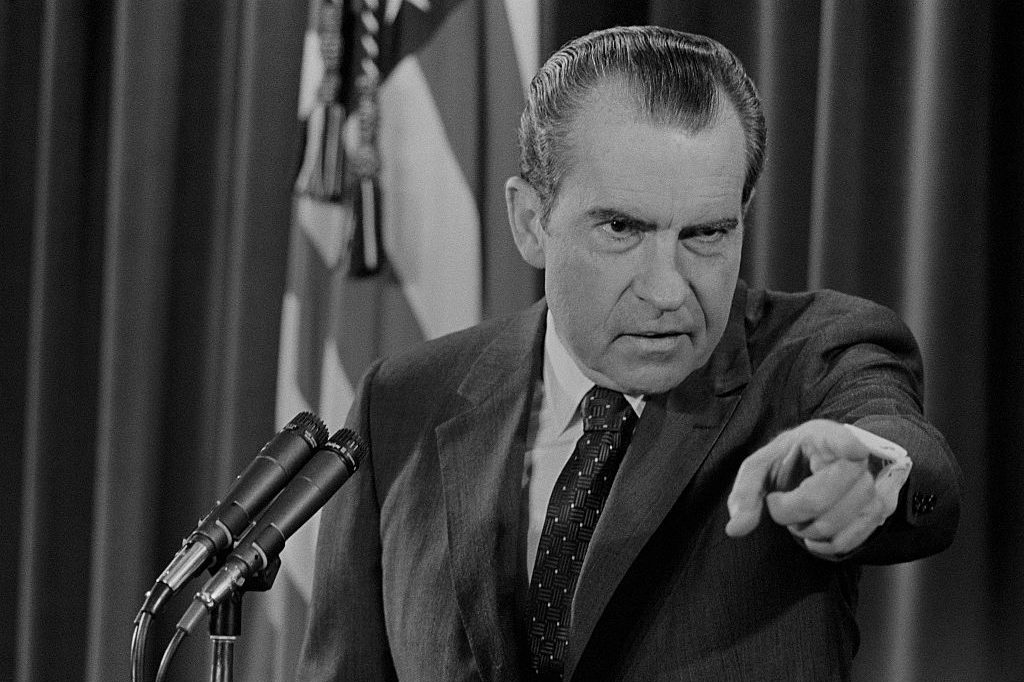


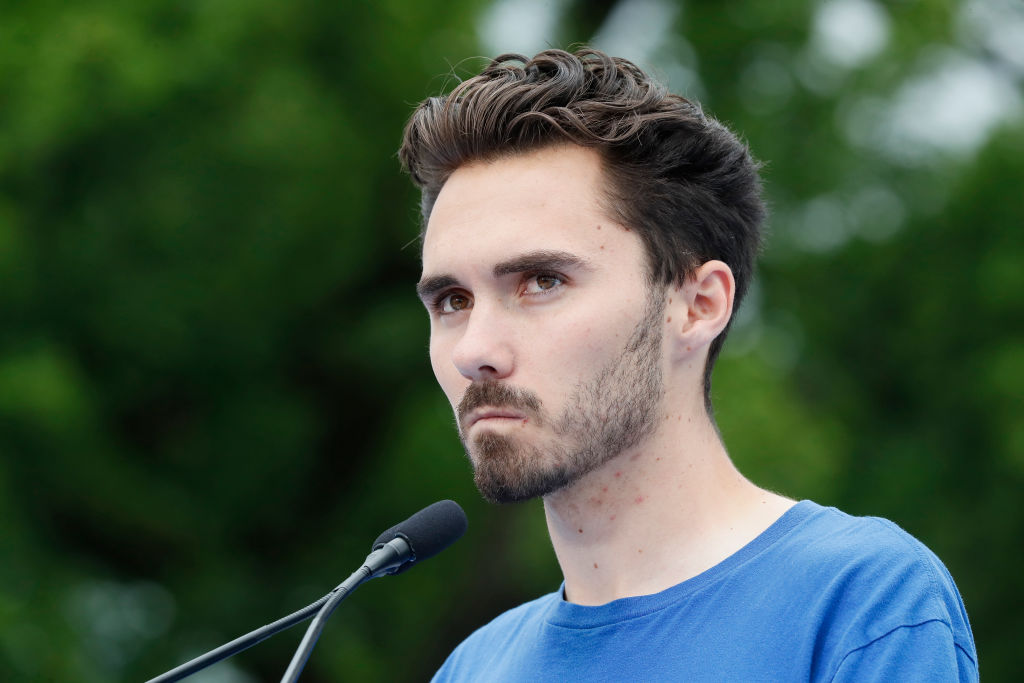








Leave a Reply